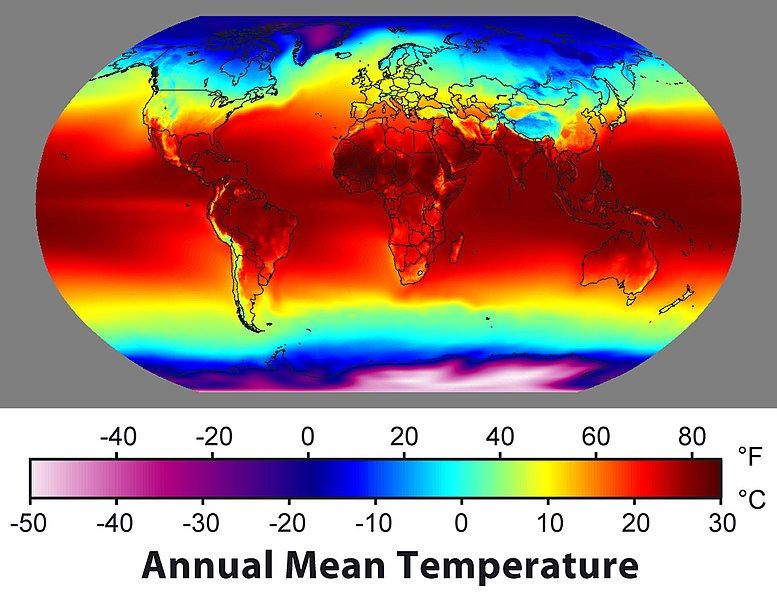NASA/NOAA: Earth Logs Hottest July on Record
According to US government agencies NASA and NOAA, the Earth just endured its warmest July on record "by a long shot," with NOAA's chief scientist Sarah Kapnick adding that "it’s very likely that July 2023 was hotter than any month in any year since at least 1850."

Facts
- According to US government agencies NASA and the National Oceanic and Atmospheric Administration (NOAA), the Earth just endured its warmest July on record "by a long shot," with NOAA's chief scientist Sarah Kapnick adding that "it’s very likely that July 2023 was hotter than any month in any year since at least 1850."1
- Kapnick said that 2023 will almost certainly rank in the top five hottest years on record, also giving it a "50 percent probability" of becoming the hottest ever. The NOAA said ocean temperatures also hit record highs for a fourth consecutive month in July, with a brewing El Niño pattern to entrench in 2024.2
- Chief of NASA's Ocean Ecology Laboratory, Carlos Del Castillo, said the past 10 years have been the warmest decade for the world’s oceans since the 1880s.1
- According to NASA data, July 2023 was overall 1.18°C (2.12°F) warmer than the average July in the 29 years between 1951 and 1980. However, parts of the Midwest and northern Europe have experienced more average temperatures.3
- Europe's Copernicus Climate Change Service last week also declared July the hottest month on record, marking it at an average of 62.51°F (16.95°C) — six-tenths of a degree Fahrenheit higher than the previous record set in 2019. Records are typically broken by hundredths or one-tenth of a degree, making last month's heat wave uncommon.4
Sources: 1NBC, 2Phys, 3Earthobservatory, and 4Associated Press.
Narratives
- Narrative A, as provided by Space. Despite grand pledges from governments to reduce carbon emissions, the Earth is still heating up at a faster rate than ever before. Even as the leader in this global fight, the United States' climate budget is running out of money. If we wish to save ourselves from this lethal heat and its resulting natural disasters, we must exponentially increase our efforts to stop emitting CO2 into the atmosphere.
- Narrative B, as provided by Forbes. While climate change is an urgent issue, journalists and activists have an obligation to separate the facts from fiction and describe environmental problems honestly and accurately. The catastrophic framing of climate change does far more harm than good, not only by impacting the mental health of our youth but by alienating and polarizing large portions of the population and distracting from other important issues. Climate alarmism must be taken with a grain of salt.






